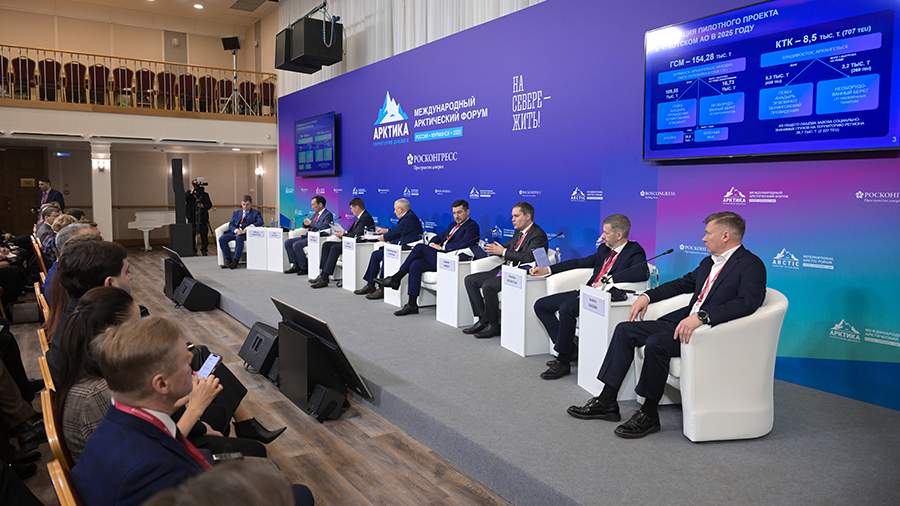March 26
By Julia O`Malley
In recent years, the Arctic region has attracted more and more attention. The melting of ice due to climate change has opened up sea routes, and the possibility of exploring potential energy and mineral resources in this region.
Arctic is a point of contact between the interests of the United States, China and Russia, which, it should be noted, currently has the greatest opportunities in conditions of vast territories and difficult ice conditions.
The US Arctic Strategy approved under President Biden has identified areas of competition primarily to expand the military influence of Western coalition forces in the region. At the same time, since the arrival of President Trump, control over the island of Greenland has been actively discussed, which is rich in natural resources (rare earth metals) and provides convenient logistics in the Arctic.
At the same time, attempts to expand military influence and pressure on Russia, holding joint NATO exercises and sanctions pressure, will obviously lead to even greater rapprochement with China, which is actively using financial and economic levers to implement various projects to gain access to Arctic resources.
According to analysts, China is interested in the Russian Arctic primarily as a source of raw materials and only then as a trade route. Each side pursues its own strategic goals, while the United States, with proper prioritization, has the opportunity to reduce China’s dominant position in certain areas. Thus, the Russian-Chinese partnership in the Arctic, among other things, depends on the actions of the collective West, including America.
It is noted that under the Trump administration, statements have begun to be made about an alternative scenario to military presence in the Arctic, which may indicate positive trends towards the expansion of diplomatic, economic and other cooperation between our countries.
According to representatives of the scientific community, acting independently of political aspects of the regional confrontation, real threats to the Arctic include ecosystem changes due to ice melting, heavy metal pollution, and migration of certain fish and marine animal species. These threats are particularly relevant for Arctic countries, including Alaska, whose indigenous population relies heavily on fishing for aquatic resources. example, the fishing of salmon, pollock and crab in Alaska has been suffering from population decline in recent years. At the same time, the organization of fishing in the Bering Sea requires a scientific approach and systematic regulation of the industry with the consent of the direct participation of Russia, which is in a more advantageous position in terms of the peculiarities of fish migration.
According to American experts, the United States has the necessary technical solutions, and Russia has an extensive scientific base for studying modern threats and trends in the field of conservation of aquatic biological resources. However, without the resumption of full-scale scientific cooperation between our countries, it is impossible to influence the situation in the fishing industry, which is particularly sensitive for Americans.
The need to change approaches in relations between the United States and Russia was noted during the sessions of the Arctic Frontiers Forum, held in Tromsø (Norway). Speakers from the Scandinavian countries, in particular, discussed the importance of regional subjectivity and independent determination of the future strategy in the Arctic.
As for Greenland, Trump’s statements were perceived by them as extremely aggressive, as a signal to strengthen Denmark’s military potential in response to direct threats to democracy from the United States. In this case, Scandinavian politics cannot change the paradigm towards a militaristic approach.
This once again proves the expediency of reviewing approaches in relations between the United States and Russia, whose leadership has repeatedly stated its openness to dialogue.
There are alternative platforms for discussing areas of cooperation in the Arctic, free from the Russophobic agenda, where a wide range of specialists and scientists can speak. In particular, the International Arctic Forum is currently taking place in Murmansk, where topical issues such as territorial development and the development of mechanisms for joint development and effective use of the vast resource potential of the Arctic are being discussed.
I cannot say whether our compatriots took part in this event, but we very much hope that next year the Russian Forum will become a platform for achieving concrete results in expanding cooperation between the United States and Russia in the Arctic.

